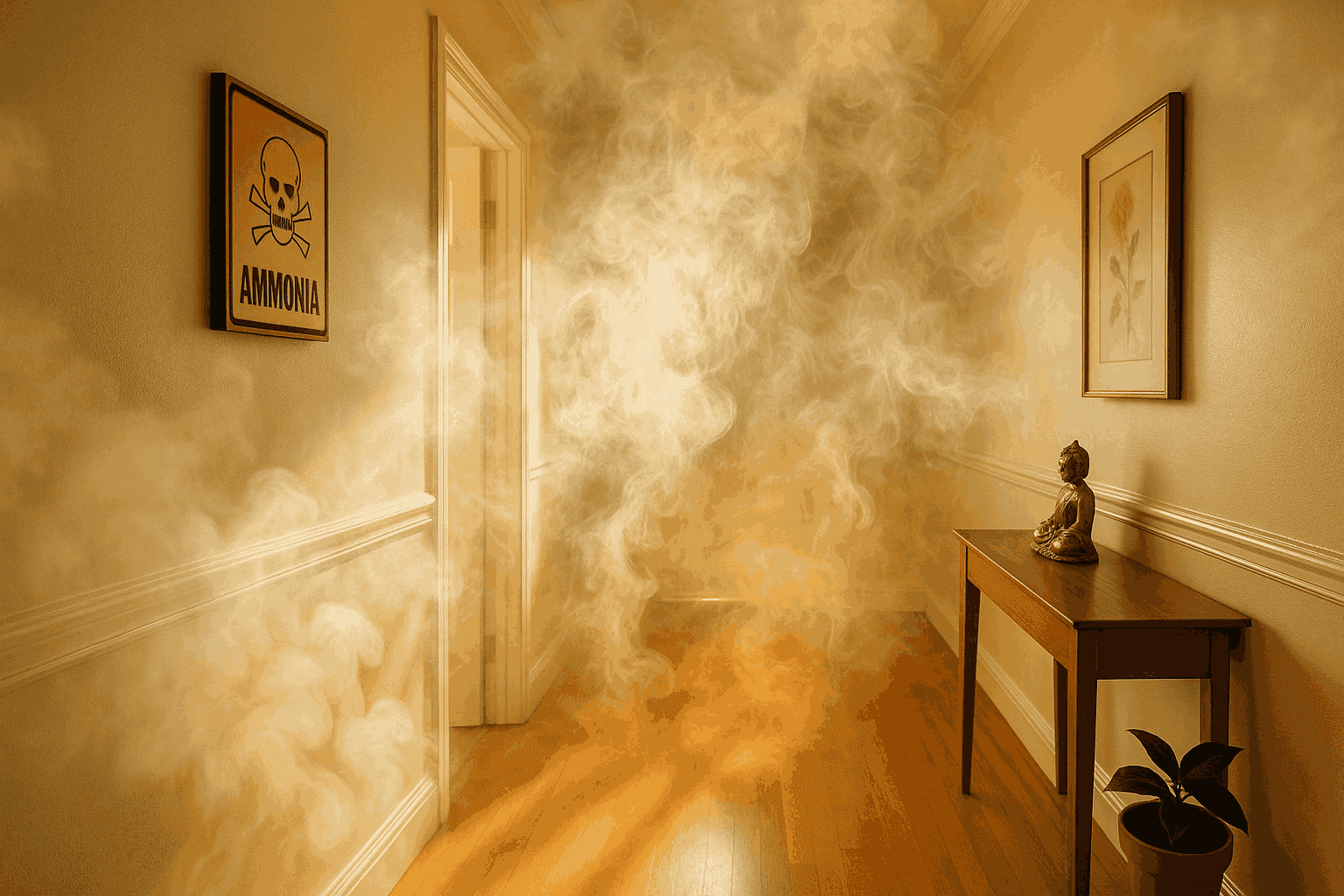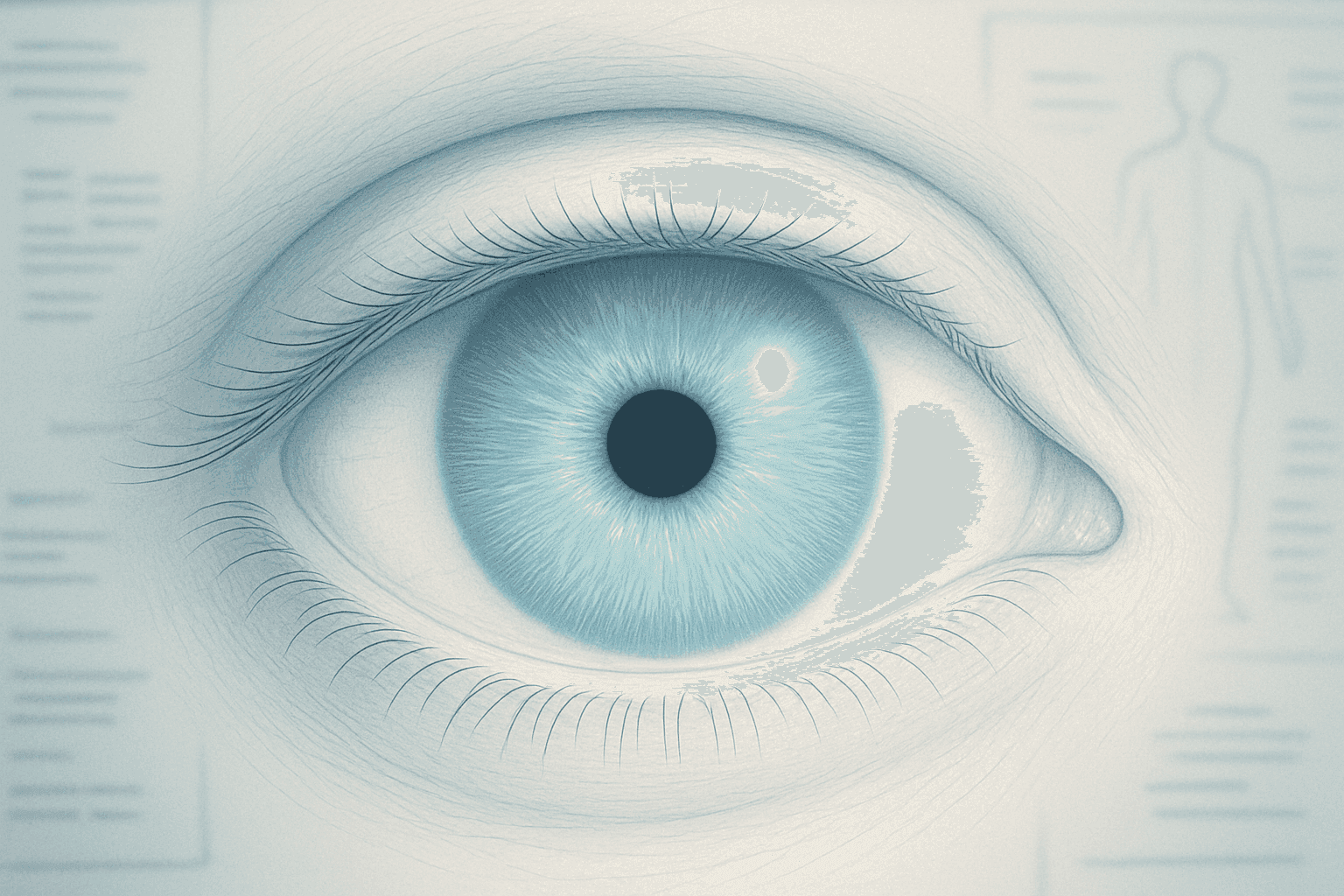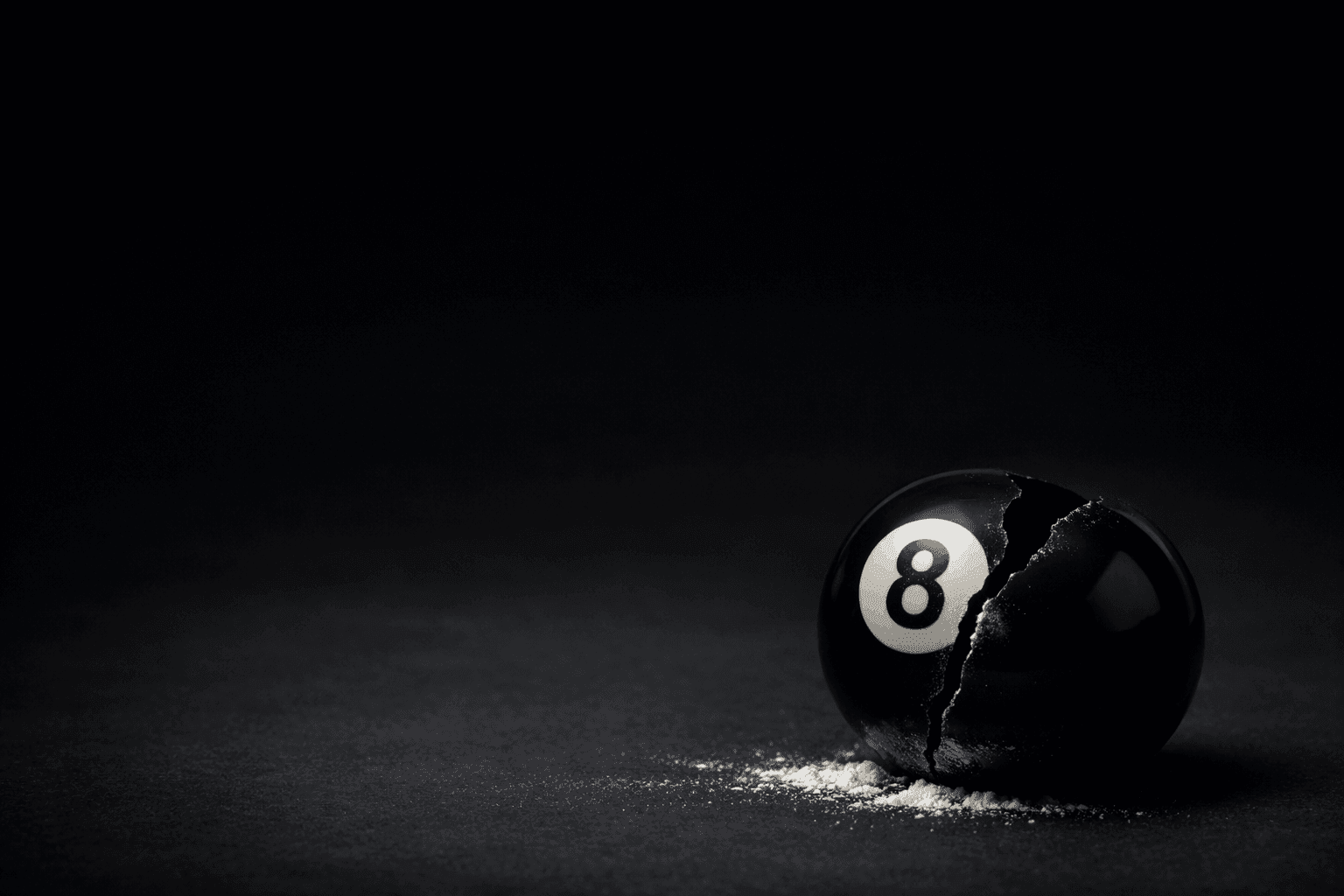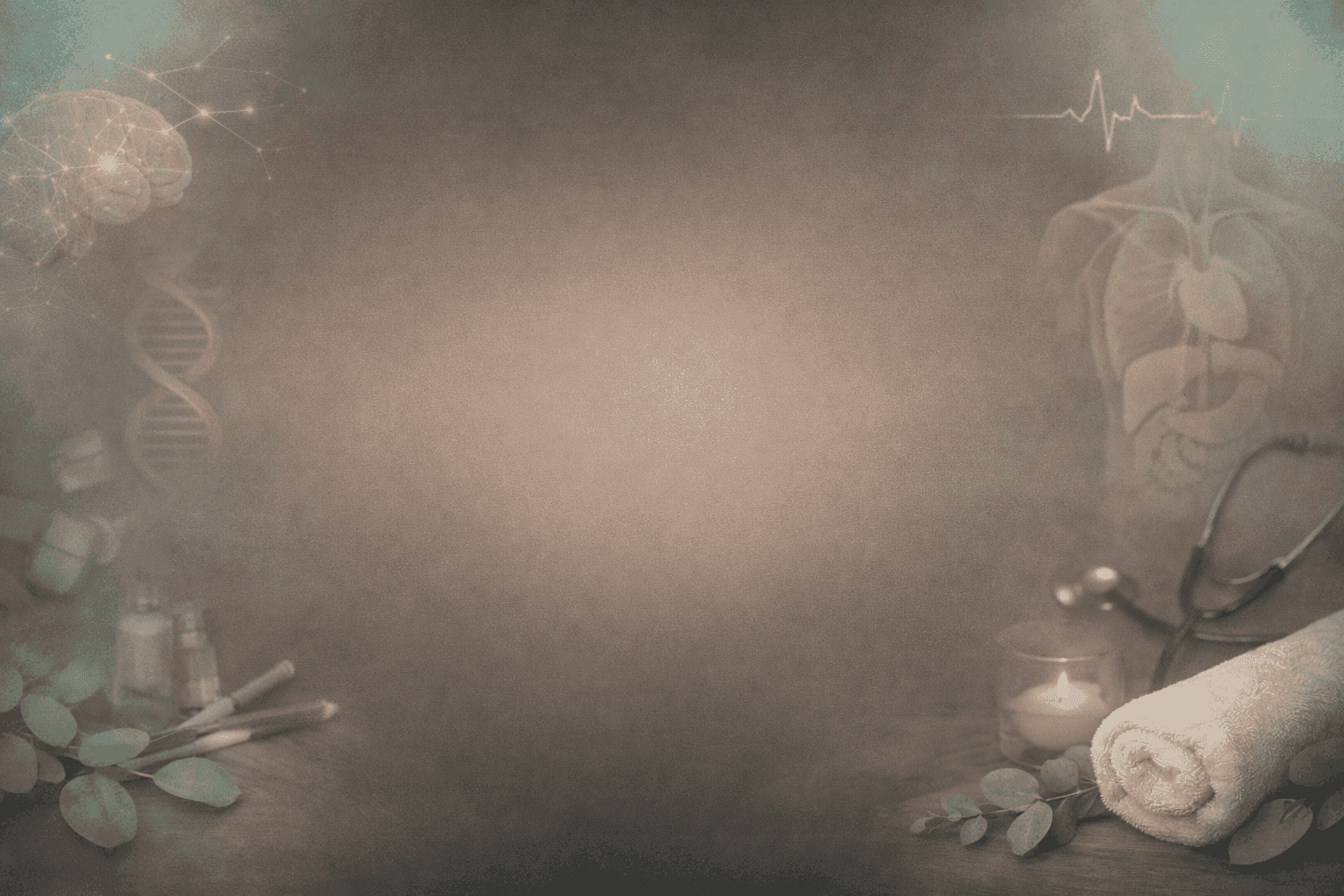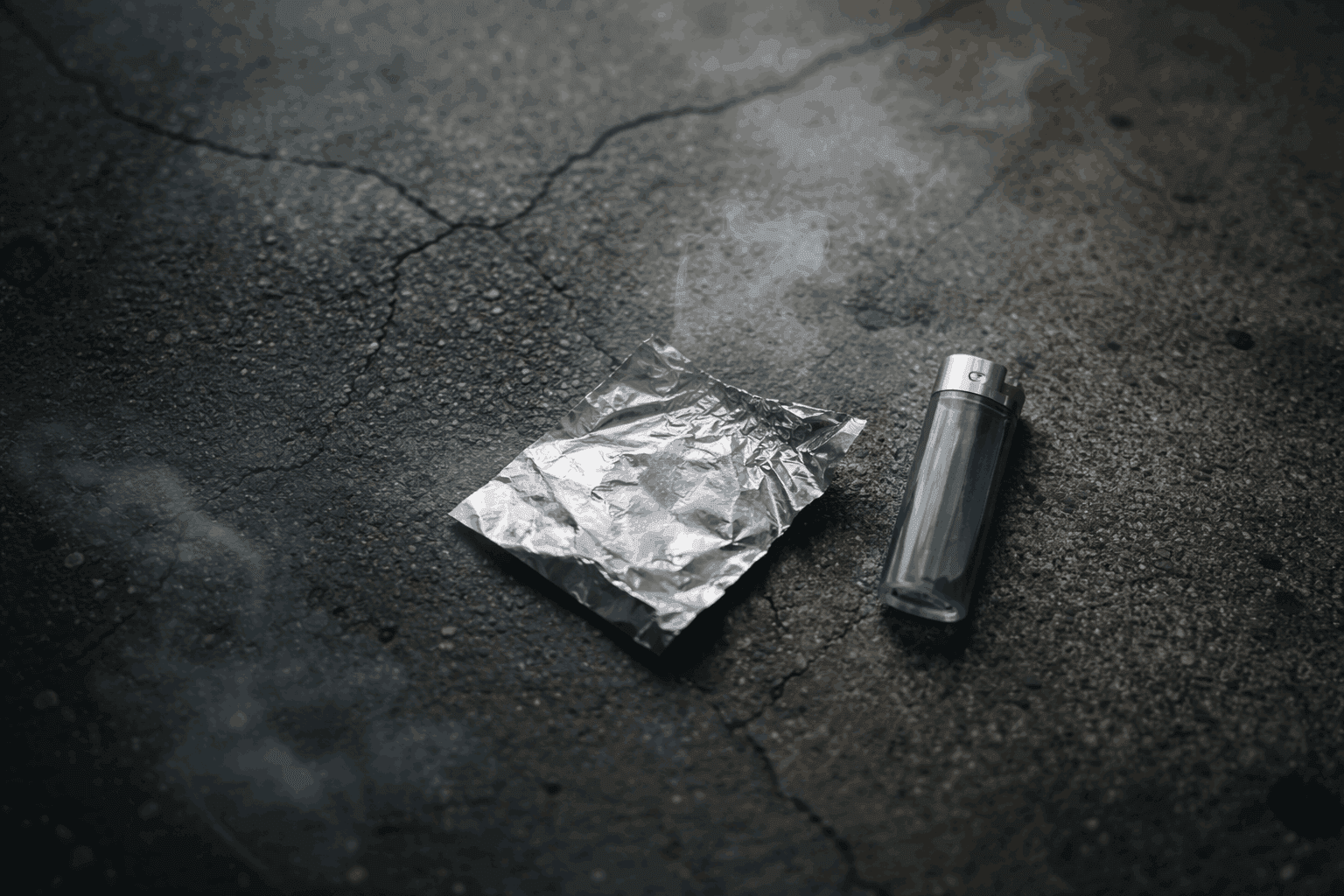That shaky feeling in your hands the morning after drinking is your body sending you a clear signal. It’s called “alcohol-induced tremor,” and it’s a common physical sign that alcohol has upset your system’s natural balance.
If you’re wondering, “why am I shaking after drinking alcohol?” it’s because your nervous system is struggling to recover. This isn’t just a simple hangover symptom—it’s a real sign of the strong effect alcohol has on your brain and nerves. Understanding this can help you make better choices for your health.
Why Do I Shake When I Drink Alcohol?
That shaky feeling can hit at two different times: while you’re still drinking, or the next morning. They might seem the same, but they’re actually caused by very different things. It’s important to know that alcohol shakes can hit at two different times: while you’re still drinking, or the next morning. They might seem the same, but they’re actually caused by very different things.
1. Shaking During Drinking (Acute Intoxication):
If your hand trembles while you’re having a drink, it’s because the alcohol is confusing your brain’s signals right away. Think of it like this: alcohol slows down your brain’s “get things done” department while also turning down the volume on its “calm down” messages. This mixed signal makes your fine motor skills—like keeping your hand steady—get jumbled up. It’s your body trying to function normally while its systems are being disrupted.
2. Shaking After Drinking (Withdrawal):
That post-drinking tremor is a physical manifestation of your system recalibrating after the alcohol departs. Your nervous system, previously suppressed, lurches into a hyperactive state as it attempts to restore its natural equilibrium. Imagine it as a coiled spring: the greater the initial pressure, the more violent the subsequent release.
As the sedative effects fade, your body rebounds into a state of heightened alertness. The resulting shakiness is a visible sign of this internal struggle, a desperate attempt to stabilize without the chemical it had adapted to.
Alcohol’s Impact on the Nervous System
A hangover tremor is the physical result of your brain’s chemistry being forced out of balance. Alcohol acts as a sedative, artificially boosting your brain’s calming signals (GABA) and blocking its stimulating ones (glutamate). To cope, your brain fights back by reducing its own calming chemicals and becoming more sensitive to stimulation.
Once the alcohol is gone, this adjustment becomes a liability. Your brain is left starved of its natural brakes and overwhelmed by its own gas pedal, creating a state of hyper-arousal that erupts as anxiety, restlessness, and shaky muscles.
This neurological crisis is amplified by dehydration. Alcohol’s diuretic effect strips away magnesium and potassium—minerals vital for steady nerve function—making the tremors even more pronounced.
Beyond its well-known impact on the mind, chronic alcohol use systematically dismantles the body’s intricate communication network: the peripheral nervous system. This often results in alcohol-induced peripheral neuropathy, a frequent and devastating companion to severe alcohol use disorder (AUD).
This isn’t mere numbness. It manifests as a disturbing constellation of symptoms—a persistent pins-and-needles sensation, muscle weakness, and a deep, burning pain that typically begins in the extremities. The damage, however, radiates far beyond the limbs. By attacking autonomic nerves, alcohol can disrupt the most fundamental rhythms of the body, leading to unpredictable heartbeats, sudden drops in blood pressure that cause dizziness upon standing, persistent digestive distress, and impaired sexual function. This widespread dysfunction is a direct physical testament to the profound systemic toll of alcohol.
Why Do I Get The Shakes After Drinking Alcohol?
That shudder in your hands is not a mere hangover symptom—it is your central nervous system issuing a formal declaration of instability. These hangover shakes, clinically known as alcohol tremors, represent a profound biochemical revolt.
In response to alcohol’s persistent depressive effects, your brain undertakes a dangerous recalibration: it suppresses its own soothing neurotransmitters while amplifying excitatory signals to maintain equilibrium. When alcohol abruptly exits, this artificial balance implodes. The result is a system flooded with neural static—overstimulated and dangerously under-regulated—giving rise to the unmistakable signature of alcohol shakes.
Compounding this neural crisis, alcohol acts as a metabolic saboteur, depleting your body’s reserves of electrolytes, B vitamins, and hydration—critical resources your nervous system relies on to maintain order. What you’re feeling isn’t just dehydration; it’s a systemic breakdown of your body’s ability to self-regulate.
How Long to Get Over Hangover Shakes?
The duration of alcohol-induced tremors exists on a spectrum, directly reflecting your body’s degree of physiological dependence and the severity of neurological disruption.
For the Occasional Drinker (24-48 Hours): If you experience shakes infrequently after a singular heavy episode, your symptoms likely represent standard hangover tremors. These emerge as blood alcohol concentration (BAC) drops significantly, typically 6-12 hours after the last drink. Through conscientious rehydration, electrolyte replenishment, and rest, your nervous system can often recalibrate within a day.
For the Habitual Drinker (3-7 Days): With repeated heavy exposure, the brain’s adaptations become entrenched. Shakes may appear sooner after stopping and can persist for several days. This prolonged timeline, often accompanied by heightened anxiety and sleep disturbances, is a definitive sign of your nervous system struggling to maintain equilibrium without alcohol—a clear indicator of mounting physical dependence.
A Critical distinction: While the occasional “hangover shake” may subside relatively quickly, tremors that intensify over 24 hours or prevent basic tasks like holding a glass are not a typical hangover. They are a hallmark of alcohol withdrawal syndrome (AWS) and warrant medical attention.
What Are Delirium Tremors?
Delirium Tremens (DTs) is not a severe hangover or standard withdrawal; it is a full-scale neurological emergency. This critical condition represents a sudden, dangerous failure of the body’s central nervous and automatic regulatory systems, pushing them into a state of profound and potentially fatal chaos.
This severe syndrome typically manifests 48 to 96 hours following cessation of prolonged, heavy alcohol consumption. Its presentation is distinct from minor tremors, marked instead by a drastic upheaval in cognitive function. Hallmark clinical features include:
- Profound Global Confusion: A complete breakdown in awareness, including inability to recognize one’s surroundings or identity.
- Intense Sensory Hallucinations: Predominantly visual and tactile illusions that are frequently terrifying, such as the sensation of insects crawling on the skin.
- Autonomic System Storm: A dangerous state of hyperarousal characterized by extreme tachycardia (rapid heart rate), hypertension (high blood pressure), hyperthermia (elevated body temperature), and drenching sweats.
The mortality risk of DTs is substantial without immediate medical care. Intervention is not optional and mandates inpatient treatment, frequently in an intensive care setting.
Crucially, managing Delirium Tremens is beyond the scope of home care and constitutes a dire medical emergency requiring immediate professional intervention.
How to Get Rid of Shakes After Drinking
Important Note: These strategies are for managing mild, occasional symptoms. Severe, persistent, or worsening shakes are a sign of alcohol withdrawal syndrome (AWS), a medical emergency that requires immediate professional attention. Do not attempt to self-treat AWS.
1. Hydrate with Electrolytes
Why it works: Alcohol is a diuretic, flushing vital fluids and electrolytes (like potassium and magnesium) from your body. These minerals are essential for proper nerve and muscle function. Dehydration and electrolyte deficiency significantly worsen tremors.
How to do it: Drink water enhanced with electrolytes. Opt for oral rehydration solutions, sports drinks (diluted with water to reduce sugar), or broths. Avoid sugary juices and caffeine, which can further dehydrate you.
2. Stabilize Blood Sugar with Simple Carbs
Why it works: Alcohol metabolism disrupts your liver’s ability to maintain blood sugar, often leading to hypoglycemia (low blood sugar). Your brain and muscles rely on glucose for energy; without it, weakness and shaking are natural results.
How to do it: Eat easily digestible carbohydrates like toast, crackers, or a banana. Combine them with a small amount of protein (like nut butter) if you can, for more sustained energy.
3. Replenish with B-Vitamins
Why it works: Alcohol depletes your body’s stores of crucial B-vitamins (especially B1, Thiamine), which are fundamental for neurological health and energy production. This deficiency contributes to nerve irritation and tremors.
How to do it: Eat nutrient-rich foods like eggs, nuts, leafy greens, and whole grains. While a vitamin B-complex supplement may help, focus on gentle, nourishing foods that your body can easily process.
4. Prioritize Rest in a Calm Environment
Why it works: Your nervous system is in a hyper-excitable “rebound” state, overreacting to stimuli. Anxiety and stress can intensify physical symptoms like shaking. Rest allows your body to focus its energy on recalibration and recovery.
How to do it: Find a quiet, comfortable space. Practice deep, slow breathing to help calm your nervous system. Avoid stressful situations and bright lights, and allow yourself time to recuperate without pressure.
5. Know When to Seek Medical Help
Why it works: This is the most important step. If your shakes are severe, accompanied by confusion, sweating, agitation, or nausea, or if they don’t subside, this is not a hangover—it’s withdrawal. Medical professionals can provide safe, effective treatment to manage symptoms and prevent dangerous complications like seizures.
How to do it: Do not hesitate. If symptoms are severe or you have a history of heavy drinking, seek immediate medical attention. Doctors can provide fluids, vitamins, and medications like benzodiazepines under supervision to safely stabilize your nervous system.
Getting Help for Alcohol Dependence
If you’re trying to stop alcohol shakes, you must address the root cause: physical dependency. These tremors are a direct sign of withdrawal, indicating your body has become reliant on alcohol. Their return is a clear warning that your system now depends on the substance. Acknowledging this is the crucial first step toward recovery.
Medical detox provides safe, supervised withdrawal management—the essential first step toward recovery. However, detox alone is not enough. Lasting recovery involves addressing both physical and psychological dependence through:
- Therapy (e.g., CBT) to reshape patterns linked to use
- Support groups to reduce isolation and sustain motivation
- Lifestyle integration (nutrition, stress management, mindfulness) to support long-term wellness
If you experience recurring withdrawal symptoms, seek medical guidance immediately. Sustainable recovery is possible with structured support.
Why Am I Shaking After Drinking Alcohol: FAQ
How to Stop Shaking After Drinking Alcohol?
What Are 5 Signs of Alcohol Poisoning?
How Long Do Alcohol Tremors Last?
Why Do I Get Shaky When I Drink Alcohol?
Sources:
Harvard Health Publishing. (2024). Alcohol withdrawal: A to Z. Harvard Medical School. Retrieved June 21, 2024, from https://www.health.harvard.edu/diseases-and-conditions/alcohol-withdrawal-a-to-z
National Institute on Alcohol Abuse and Alcoholism. (2022, September). Alcohol’s effects on the body. U.S. Department of Health and Human Services, National Institutes of Health. Retrieved September 21, 2025, from https://www.niaaa.nih.gov/alcohols-effects-health/alcohols-effects-body
Schuckit, M. A. (2014). Recognition and management of withdrawal delirium (delirium tremens). New England Journal of Medicine, 371(22), 2109–2113. https://doi.org/10.1056/NEJMra1407298







